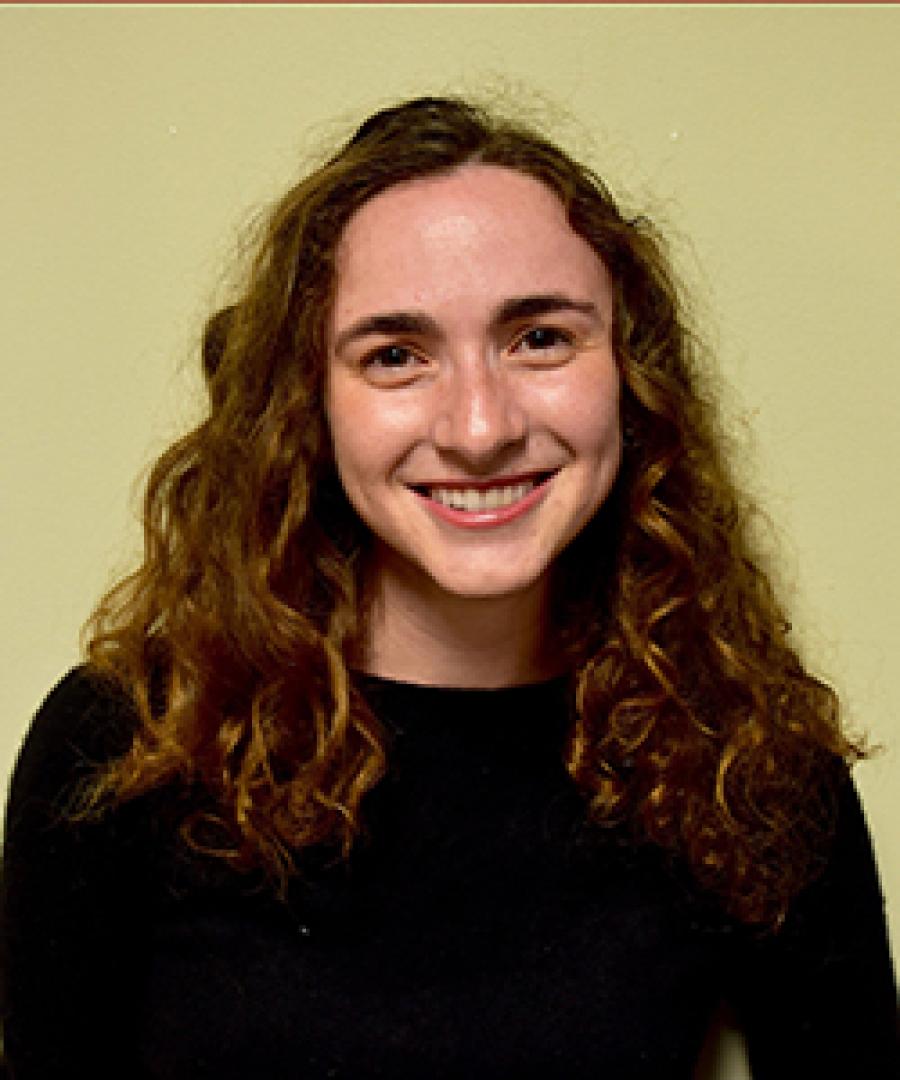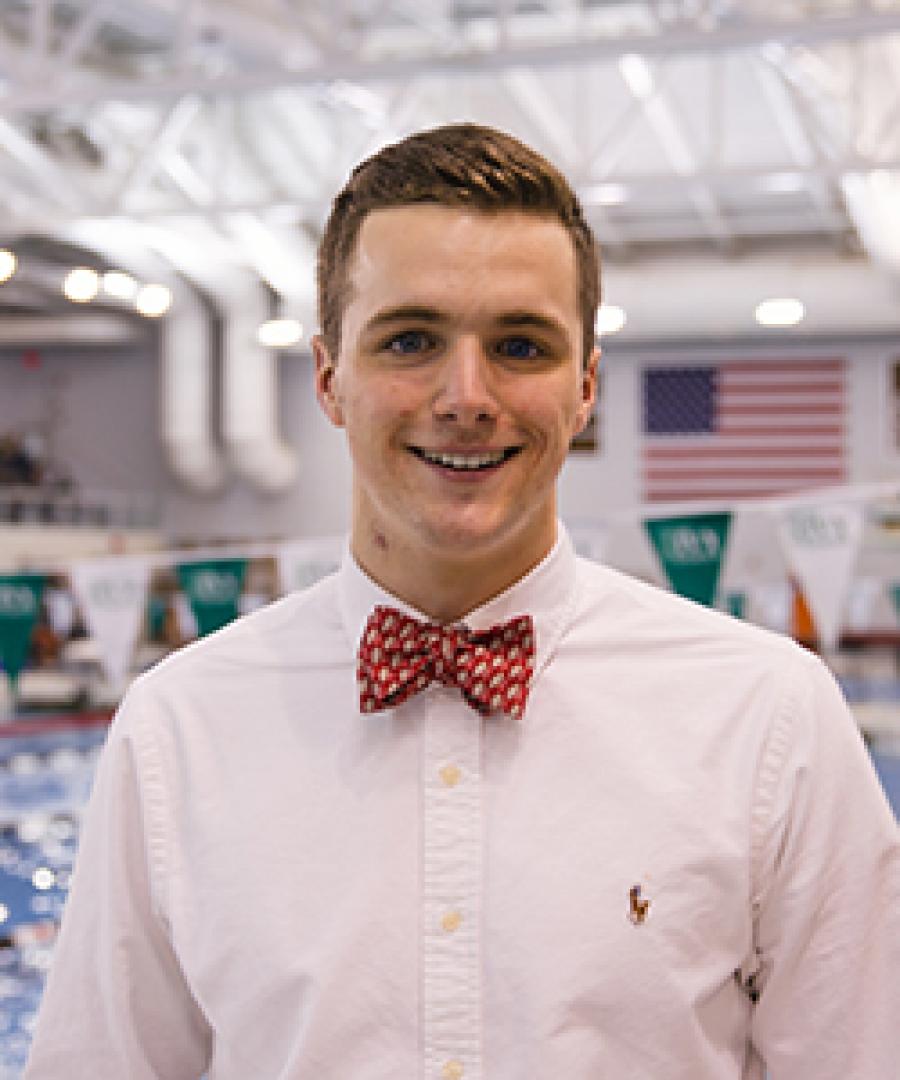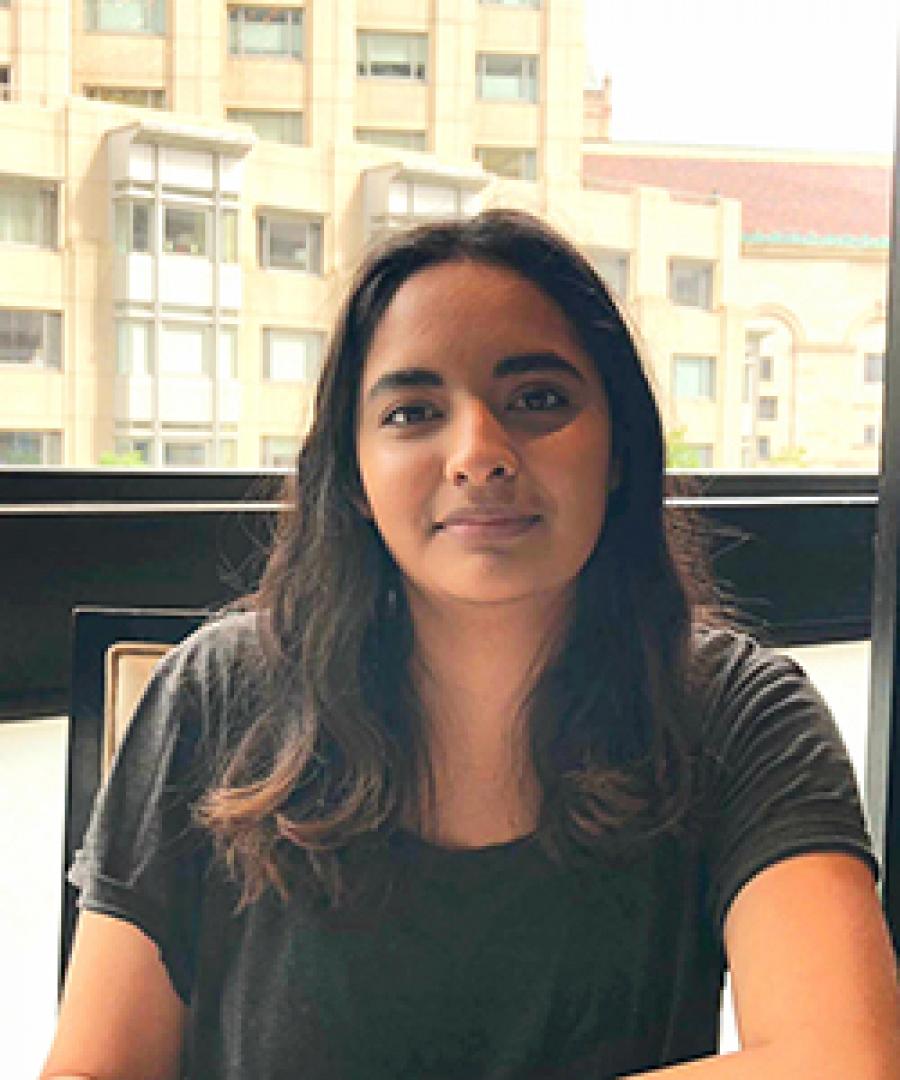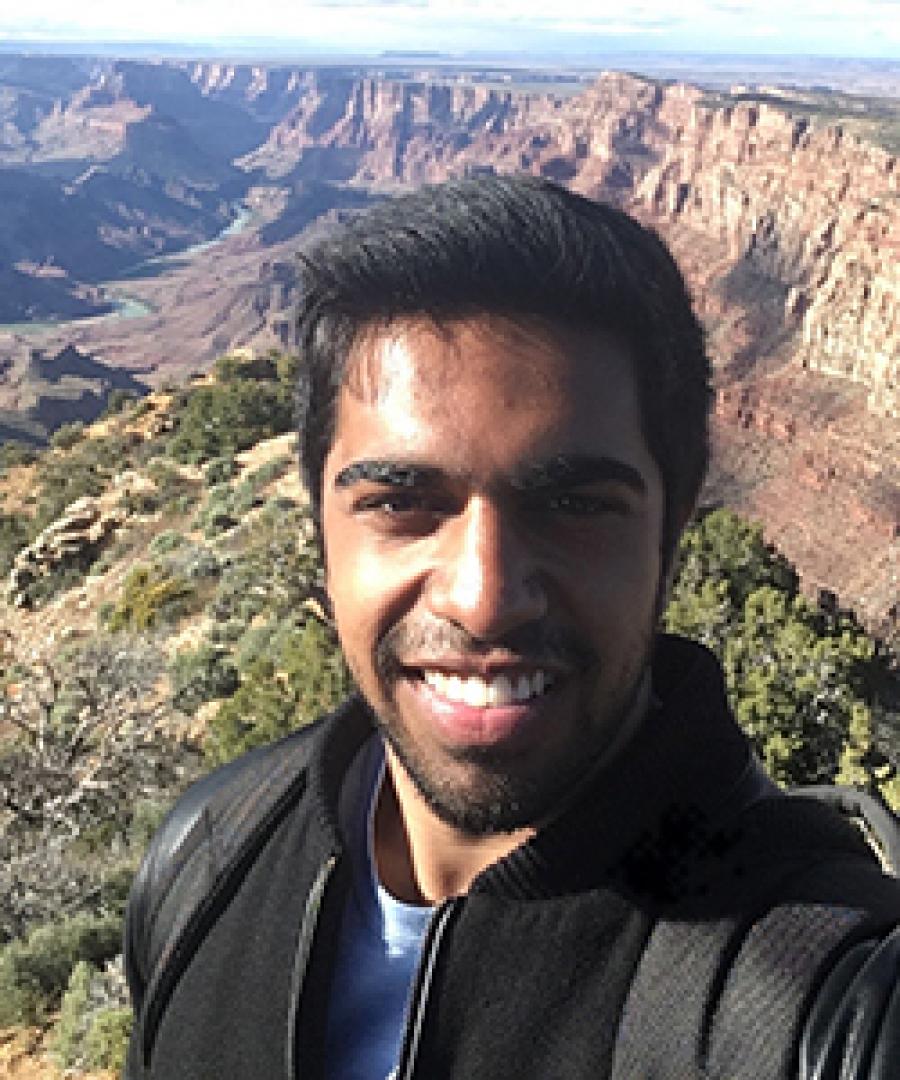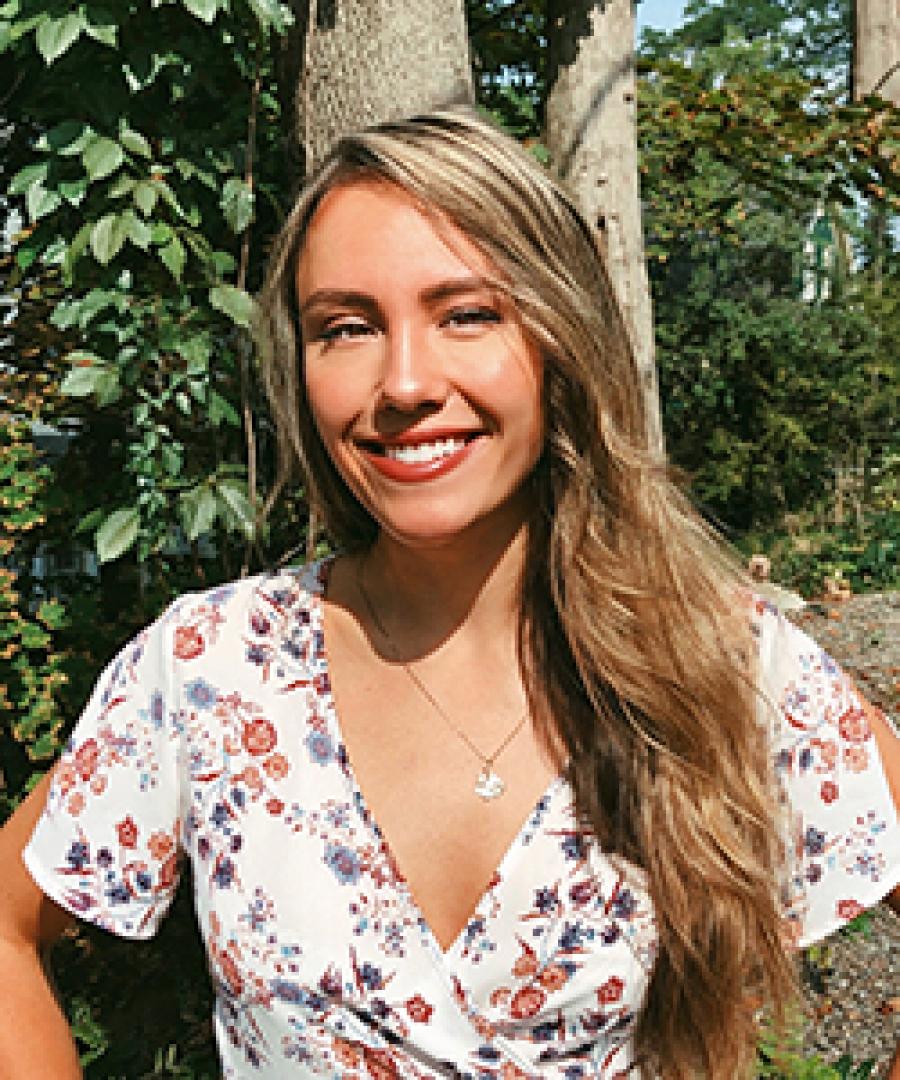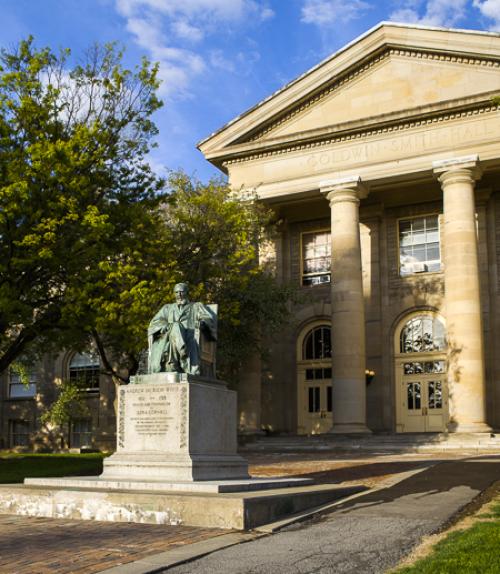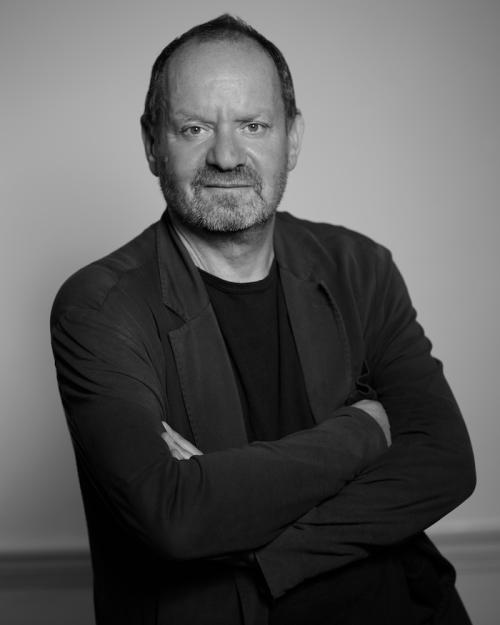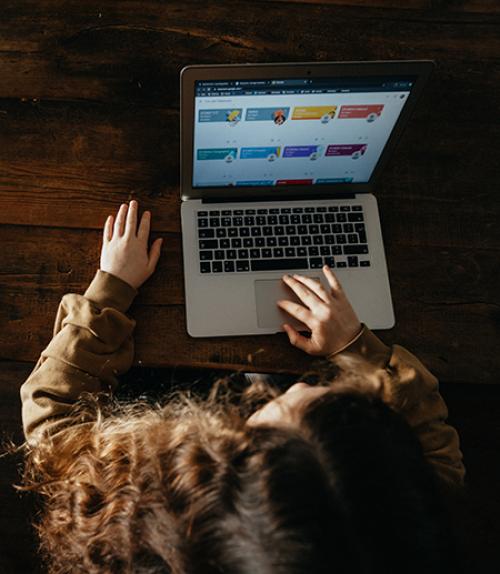Twice a week, little Nereida Rucker logs on to Zoom to work with her tutor, Anabelle Perez ‘23, while her mom, Erica Marie Rucker, listens in. The sessions have helped 5-year-old Nereida start to count by 5s and move ahead in her reading and Spanish and they’re a welcome break for Erica, an employee of Weill Cornell Medicine.
Perez is one of 70 Cornell students and recent graduates who is volunteering this summer to tutor the children of Weill Cornell Medicine employees in subjects ranging from writing to physics.
Advised by Dr. Kim Overby, a physician and professor of the practice in science and technology studies, the group of students was matched with 70 children in June and is working throughout July on various skills. Each pair meets twice a week for an hour each time.
“I was touched when I first heard of the program because I’ve always said at work that I’m happy to be part of such a great team, that we’re like family almost,” said Erica Rucker, who’s an administrative specialist in hematology and medical oncology at Weill Cornell Medicine. “This project, it’s like family helping each other out.”
Langlieb thought of the idea as soon as Cornell announced it was moving to remote learning in March, and asked for Overby’s help. Overby was already involved in a COVID-related project collecting donated tablet computers for patients in Cayuga Medical Center in Ithaca to use to contact family members.
“I was trying to wrap my head around all that was happening and I saw my mom working from home and all of her coworkers trying to work while also be here for their kids,” Langlieb said. Overby provided connections to Weill Cornell, where she and her husband have both worked, and Langlieb had no problem recruiting students. Students who worked on Overby’s initial tablet project at Cayuga Medical jumped on Langlieb’s team and emails to Cornell students brought lots of volunteers, many stuck at home and looking for some way to help.
McSorley’s student is only a fourth grader, but he’s already working his way through high school algebra and he’s also fascinated with history and wanted to know more about the Civil War and the roots of racial injustice in the U.S.
“I thought we would be talking about multiplying double digits, but he’s way beyond that,” said McSorley, a member of the Cornell men’s swim team who is also working as a swim instructor this summer. For their history lessons, McSorley created presentations illustrating U.S. history from the American Revolution to the election of Lincoln and the reasons for the Civil War.
“One of most important components of math is practice, so I try to make thesession a mixture of example problems and problems of his own to think through,” she said. “I like coming up with problems in my head because then it’s a lot easier for me to address the areas he’s struggling with.”
Siddharth Venkatesh ’21, a neurobiology and behavior major in the College of Arts & Sciences, works with a seventh grader on math skills ranging from fractions to linear expressions.
“I’ve been passionate about tutoring since I was in middle school,” Venkatesh said, adding that he also works with the Big Red Buddies program, teaching science lessons to preschoolers at the Cornell Child Care Center. “I’m not a registered EMT or a health care worker so I can’t directly contribute, but I’m happy I’m able to do something from home.”
Iryna Dovirak ’20, a biology and society major, is used to tutoring college students in science courses, but she was happy to take on a 6-year-old girl student who needs help in reading and math.
“She just wrote her first poem this week,” Dovirak said, smiling with pride. “When we’re together, I try to relate our work to different subject areas of her life. She loves to dance, so we’ll spell the word dance, sound it out, read about it and then do a dance together. It’s definitely required some creativity.”
Dovirak, who also works as a crisis counselor and is applying to medical school, said the program would be helpful for parents, even post COVID.
“You can feel super helpless because you want to make some sort of tangible change but you can’t,” she said about the pandemic. “But at least there are local impacts that we can make.”
After the programs ends, Langlieb said she and other student leaders will meet to decide whether a group of students will work to offer it again in the fall, once the school year starts. Although they were able to match 70 students with tutors, many more Weill Cornell employees have expressed interest, so Langlieb said they would hope to grow the program in the fall.
